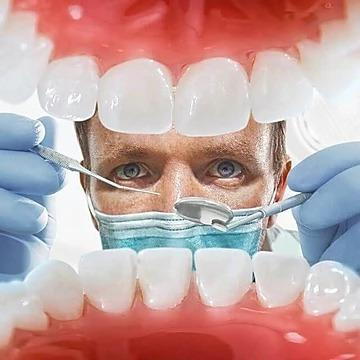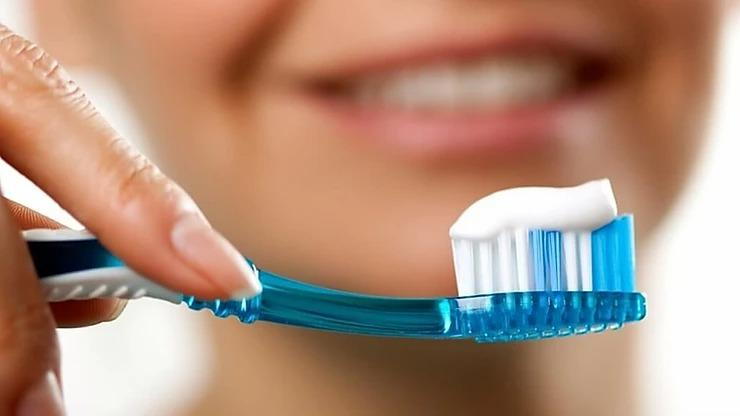
Almost 85 percent of Americans have some form of gum disease; this is a staggering statistic when you consider that other countries only dream about the dental technologies at our disposal. Where did we go wrong? What can we do about this silent killer? How can we not just treat existing conditions, but prevent them all together as we consider our dental care?
What Is Periodontal Disease?
Periodontal disease is an infection of the bones and tissues in your mouth. When your gums become red, inflamed, and diseased, there are long-reaching consequences for the rest of the structures in your mouth. Gum disease is not limited to impacting only the mouth, however. Oral disease is now linked to several degenerative conditions including heart disease, stroke, issues during pregnancy and development of certain cancers.
Our mouths are full of bacteria and plaque, a sticky substance that coats teeth and causes decay. When plaque does not get regularly removed with brushing, flossing, and regular visits to your dentist, it can harden into a film called tartar, which is much harder to combat.
Typically, only a visit to your dental professional can get rid of tartar. When these destructive substances are allowed to remain in your mouth, they can wreak havoc on your gums and soft tissues, causing the dangerous condition called periodontal, or gum disease.

Symptoms Of Gum Disease
Common symptoms of gum disease include:
Persistent bad breath that won’t subside even with brushing and flossing
Red, swollen, or bleeding gums
Loose or sensitive teeth
Receding gums, making the appearance of teeth longer
If any of these signs of infection are present in your mouth, it is essential that you make a trip to your dental professional to receive a precise diagnosis of your condition and to formulate a care plan for recovery. Your dentist will examine your gums, taking a probe and testing tissue for irritation, density, and bleeding. Being proactive about treatment will help stave off many serious illnesses that can develop in the body when one neglects oral health.
Why Is Periodontal Disease So Dangerous To My Health?
If left untreated, periodontal disease can cause inflammation and infection in other areas of the body. Some conditions have had clear connections to oral disease and decay, including:
Arteriosclerosis and heart disease--Gum disease increases the risk of clogged arteries and can eventually lead to cardiovascular disease.
Stroke--Gum disease eventually leads to certain kinds of stroke caused by arteriosclerosis.
Arthritis--Studies have now shown that people with all stages of gum disease are eight times more likely to develop arthritis and chronic inflammatory conditions throughout the body. The result may be bacteria being released into the bloodstream and settling in the fluid in and around the joints, causing swelling and painful irritation.
Diabetes--Inflammation is a major contributor to the development of diabetes, a condition where regulation of blood sugar spirals out of control. Keeping infection at bay and reducing inflammation in the mouth will, in turn, keep blood sugar levels more stable in diabetic patients.
Complications with pregnancy--Pregnant women with various stages of gum disease are known to have additional complications with their pregnancies, including high blood pressure, prematurity and low birth weights, miscarriage, and even infant mortality.
With these alarming statistics showing us clear connections between oral health and overall systemic health, it is imperative that we reduce our risk of developing periodontal disease by taking precautions and being proactive about any illness that has manifested.

How Can We Treat Existing Periodontal Disease?
Treatment of periodontal disease depends mainly on the level of health that a patient is experiencing. For patients in early stages of inflammation, often the only thing that is needed is a regular professional cleaning schedule.
For patients where inflammation has become prevalent along the gum line, a more detailed treatment called scaling, and root planing needs to take place. Your dentist will clean all structures on and around teeth, right down to the periodontal pocket, in an attempt to get all bacteria and disease out of the mouth. Root surfaces are then cleaned and smoothed out to get gums to reattach to the teeth and start to heal.
For patients with advanced stage decay and disease, surgery may be the only solution. If teeth are not healing after cleaning and other medicinal measures attempted, it is necessary to go deeper into the teeth, soft tissue and bone structure of the mouth to remove pockets of infection.
In some cases, reshaping bone structures and prosthetics are added to strengthen vulnerable areas in the mouth. It is important to recognize that with proactive oral care practices at home, it is possible to reduce and eliminate the need for these procedures. What About Prevention? How Can We Be Proactive About Our Dental Health?
Preventing gum disease is something that you can start today. Adding simple, daily habits to your care routine will significantly reduce your chances of infection and decay. These include the following:
Brushing and flossing twice daily, and especially after sugary or sticky foods
Use a tartar control toothpaste and mouthwash with fluoride to safeguard against cavities
Eat a healthy diet low in processed foods, refined flours and sugars, and pay attention to sticky and sweet foods that may stick to the teeth
Visit your dental professionals regularly to get expert advice and professional cleaning for your teeth and gums
The professionals at Gordon Krueger, DDS attend to all of your oral health needs. They design comprehensive health and wellness plans that extend far beyond your gums and teeth. Their passion and focus are on your total health. Contact Dr. Gordon E. Krueger’s office today for a consultation and more information. Better health is just a visit away!








